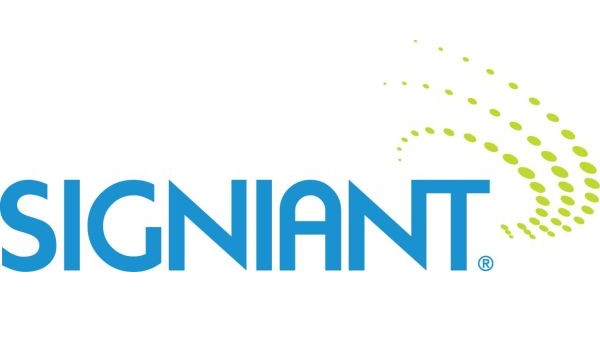Cable Deal a Broadband Break for AOL
The professional video industry's #1 source for news, trends and product and tech information. Sign up below.
You are now subscribed
Your newsletter sign-up was successful
The complex deal between AOL Time Warner, AT&T Broadband and Comcast Communications Corp. on the orphan Time Warner Entertainment entity was hailed by many analysts as a win-win-win arrangement, and the stocks of all three companies rose the day of the deal's announcement.
Although the deal, announced Wednesday, may not mean much for the ordinary cable consumer, it could have a big impact on the future of a big piece of broadband Internet rollout, and AOL's long-stunted quest to bring its users into the high-speed arena.
In the deal, AOL is set to buy most of AT&T's interest in TWE, which includes Time Warner Cable. AT&T and Comcast needed to divest that interest, or at least insulate themselves from it, in order to satisfy regulators considering approval of the Comcast-AT&T megamerger, which will create the nation's leading cable company with upward of 21 million subscribers if approved. AT&T also gains much-needed cash, and AOL streamlines its far-flung and complex operations, which have raised the eyebrows of regulators and concern among investors.
Another part of the deal ensures AOL's access to high-speed AT&T Comcast lines - which the MSO isn't required to open up to anyone. The companies did not disclose the terms of the deal, but the Wall Street Journal reported that AOL would pay Comcast AT&T $35 to $40 per high-speed subscriber - significantly higher that a typical carriage fee.
AOL users could get mail and instant messaging faster. But groups such as Consumer Federation of America, the Center for Digital Democracy and the Media Access Project have warned that MSOs or powerful ISPs would not only have near-monopoly powers over the precious coaxials, but could also restrict the content Net surfers could receive or favor content in which the MSO or ISP have an interest. With AOL involved so deeply in content-creation, by way of its cable channels and movie studios, that scenario is not out of the question, the consumer groups say.
For example, they say, AOL could have the power to slow down access to a news site - say, MSNBC.com, while providing free and clear access to the Web site of CNN, which is owned by AOL Time Warner.
"Cable companies have every incentive to pick and choose [the Web sites they favor]," said Harold Feld, Media Access Project associate director. "There are a number of scenarios in which their total control lets them leverage this for maximum revenue."
Nonsense, says AOL.
"At the end of the day, AOL wins customer loyalty because we provide our members with what they want," said spokeswoman Tricia Primrose. "They wouldn't for a minute stand for us limiting their access to someone else's content."
AOL's local-user screens are filled with content from rival companies, she noted.
The TWE deal requires FCC approval and is expected to close in early 2003. It is not dependent on regulatory approval of the AT&T-Comcast merger, which is expected to close late this year.
The professional video industry's #1 source for news, trends and product and tech information. Sign up below.
